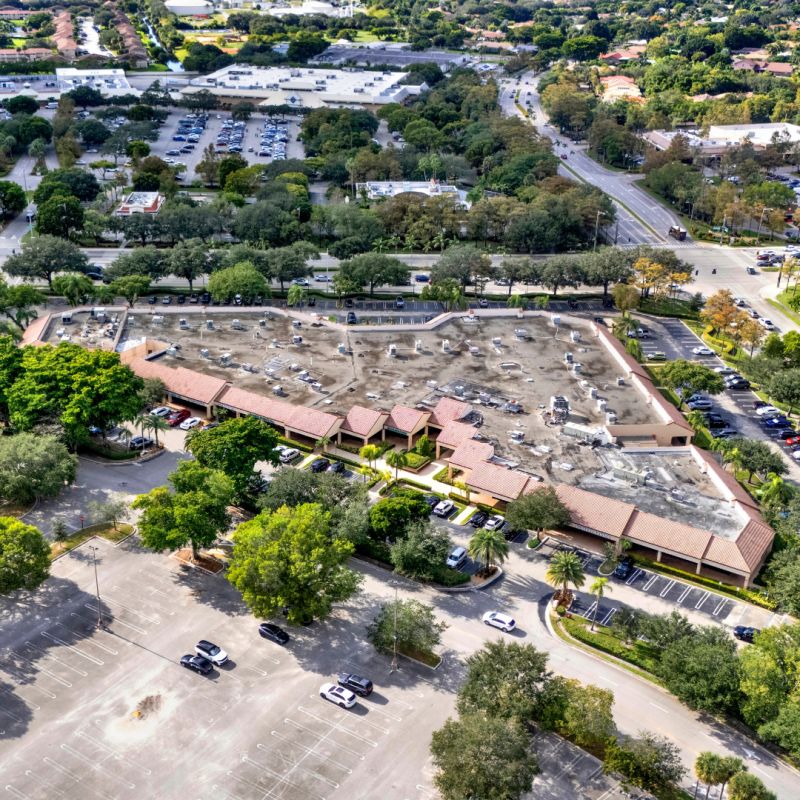S
econdary funds are gaining popularity in the real estate market as a solution for large investors looking to exit their holdings in a slow-growth commercial real estate market. These funds acquire interests in real estate assets or funds from existing investors rather than directly investing in new properties. They operate in the secondary market where investors sell their shares or interests in real estate funds before the fund reaches maturity.
Goldman Sachs recently closed the largest-ever dedicated real estate secondary fund, Vintage Real Estate Partners III, worth $3.4 billion. Harold Hope, global head of Vintage Strategies at Goldman Sachs Alternatives, said: "We believe the current market environment represents one of the most compelling deployment opportunities that we have observed in real estate secondaries."
Secondary funds are not just limited to real estate but are also used for private equity buyout, credit, and venture funds. For instance, StepStone closed the largest-ever venture capital secondary fund worth $3.3 billion in June, while its StepStone Real Estate Partners IV fund is at $1.4 billion.
The allure for investors is that they can get a deal on already-developed assets often generating cash flow at a discounted price. A July report from Jefferies cited by the Times showed that pricing was 74% of net asset value, meaning buyers are getting a 26% markdown.
The real estate secondary market represents a small percentage of the overall secondary market but is growing as more real estate debt comes due, creating an opportunity for institutional and high-net-worth investors looking for diversification.
Another way to benefit from the real estate correction is through certain private market real estate investments that allow retail investors to capitalize on high-yield opportunities. The Ascent Income Fund from EquityMultiple targets stable income from senior commercial real estate debt positions and has a historical distribution yield of 12.1% backed by real assets. With payment priority and flexible liquidity options, the Ascent Income Fund is a cornerstone investment vehicle for income-focused investors. First-time investors with EquityMultiple can now invest in the Ascent Income Fund with a reduced minimum of just $5,000.














